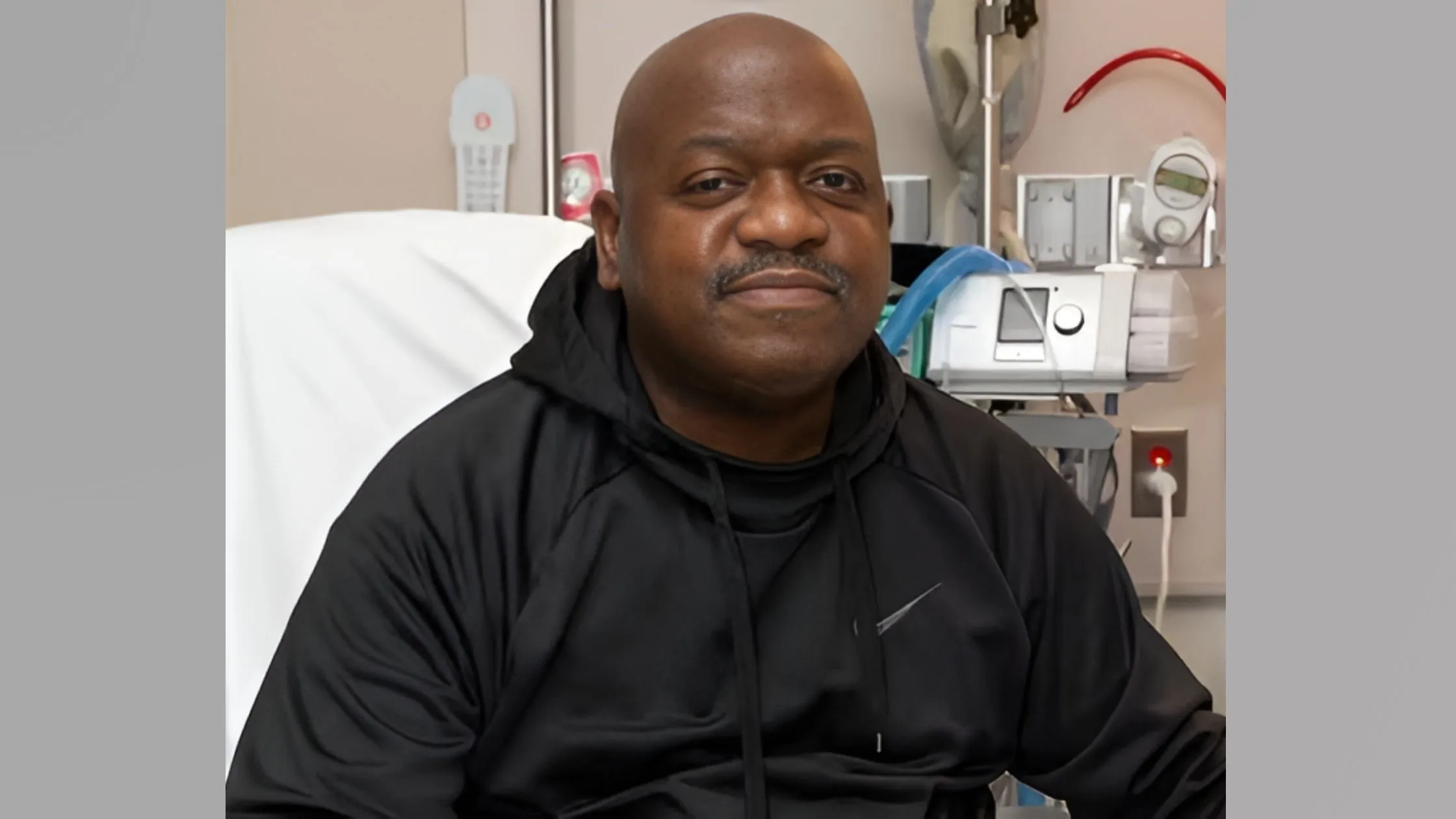Richard Slayman, aged 62, has tragically passed away nearly two months after becoming the first person to receive a genetically modified pig kidney transplants. This groundbreaking surgery, conducted at Massachusetts General Hospital, marked a significant milestone in the field of xenotransplantation. Slayman’s journey, from battling end-stage kidney disease to undergoing this pioneering procedure, captured the attention of the medical community and the public.
Despite the optimism surrounding the successful surgery and initial recovery, his unexpected death has left many questioning the future implications of such innovative medical interventions. Slayman’s participation in this research not only offered hope for his own health but also inspired countless others awaiting life-saving transplants.
Richard Slayman’s Medical History
Prior to the pig kidney transplants, Slayman had received a human kidney transplant in 2018, but it failed after five years, necessitating the need for a new solution.
What is Xenotransplantation?
This procedure exemplifies xenotransplantation, the transplantation of organs from one species to another, offering a potential solution to the organ shortage crisis. The genetically modified pig kidney, provided by eGenesis, was tailored to enhance compatibility with humans by removing harmful pig genes and incorporating human genes.
The collaboration between Massachusetts General Hospital and eGenesis showcased a significant milestone in medical innovation, aiming to address the critical shortage of organs for transplantation.
Details of the Transplant Procedure
The pig kidney transplants surgery, conducted by a team of surgeons at Massachusetts General Hospital, lasted four hours with 15 people in the operating room. The genetically modified pig kidney, provided by eGenesis, was implanted into the patient, Richard Slayman. The surgical team applauded when the kidney turned pink and started producing urine, a positive sign of the organ’s functionality. Dr. Tatsuo Kawai, one of the transplant surgeons, described the pig kidney as “truly the most beautiful kidney I have ever seen”
Slayman Health Post Transplant
Richard Slayman experienced a deterioration in his health post-surgery, leading to his passing nearly two months later. Despite the initial optimism surrounding the procedure, Slayman’s unexpected decline prompted a response from the medical team at Massachusetts General Hospital. The hospital expressed profound sadness at Slayman’s death and clarified that there was no indication linking his passing to the transplant.
Family Response
In the Pig kidney transplants incident, the family responded by saying, “We are very saddened by Rick’s tragic death, but we take solace in knowing that he influenced so many people. Millions of people throughout the world have learned about Richard’s tale. We were and continue to be amazed by the optimism he brought to individuals awaiting a transplant.”
The family also expressed gratitude to the doctors and care team at Massachusetts General Hospital, particularly Dr. Williams, Dr. Kawai, and Dr. Riella, for their efforts in leading the xenotransplant that gave them seven more weeks with their loved one.
Slayman’s unexpected death highlights the ongoing challenges and risks associated with Pig kidney transplants and other cross-species organ transplantation. Moving forward, continued research and collaboration among researchers, clinicians, and regulatory bodies are essential in refining immunomodulatory strategies, enhancing graft survival, and ensuring patient safety.








